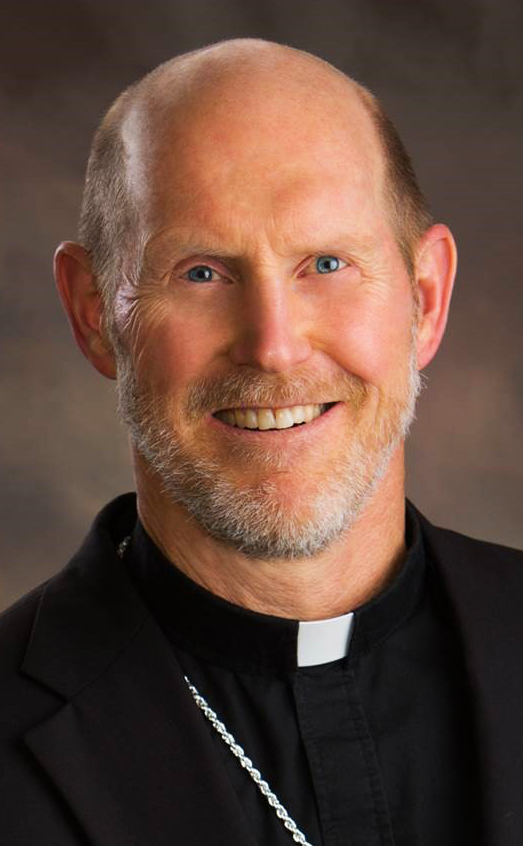(Editor’s note: Bishop Thomas Zinkula wrote the following editorial in response to a front-page article in the Dec. 14 issue of The Quad-City Times.)
I would like to respond to Barb Ickes’ Dec. 14, 2017, column on end-of-life options.
As a religious and spiritual leader, I suppose it is predictable that I would take the position that we should allow the God who gives us life also to be the one who determines when our life has reached its natural end. This view is in keeping with the pro-life position of the Catholic Church.

Likewise, the church teaches that we should not try to “play God” by always taking active measures to keep someone alive as long as possible. Patients may forgo life-sustaining medical treatments which offer no reasonable hope of benefit or are excessively burdensome, and in this way allow death to occur naturally.
In light of Ms. Ickes’ emotion-based column, I would suggest that there are better emotion-based reasons to resist the proposed legalization of physician assisted suicide for terminally ill persons under the name of “death with dignity” legislation.
In “To Live Each Day with Dignity,” the U.S. bishops affirm that “our society should embrace what Pope John Paul II called ‘the way of love and true mercy’ — a readiness to surround patients with love, support and companionship, providing the assistance needed to ease their physical, emotional, and spiritual suffering.”
Advocates of physician assisted suicide claim they want to help end the suffering of dying people who are in terrible pain. However, reports from the states of Oregon and Washington, where physician-assisted suicide is legal, do not indicate that uncontrolled pain is a major motivation for patients wanting to end their lives. In fact, medical and hospice care is such today that much pain and suffering can be relieved.
Psychological distress can be a motive for patients seeking assisted suicide: depression, hopelessness, fear of loss of autonomy and control. Should we not offer these patients counseling rather than death? Is it right to eliminate suffering by eliminating the one who suffers?
In my own experience as a minister and a family member, I have found that when a loved one is terminally ill we have the opportunity to be compassionate by gently washing, dressing and caressing them, thereby loving them to the end.
Meanwhile, as Father Ron Rolheiser, a popular spiritual writer, suggests in a recent column, the loved one actively emits love until the end as well. “From that person’s helplessness and pain emanates the power to draw us together as a family, a power to intuit and understand deeper things, a deeper appreciation of life, and especially a deeper recognition of that person’s life and spirit.”
Fr. Rolheiser concludes his column with these words: “In our dying bodies we can give our loved ones something we cannot fully give them when we are healthy and active. Euthanasia [and physician-assisted suicide are] partially blind to the mystery of how love is given.”
Bishop Thomas Zinkula, Bishop of the Diocese of Davenport











